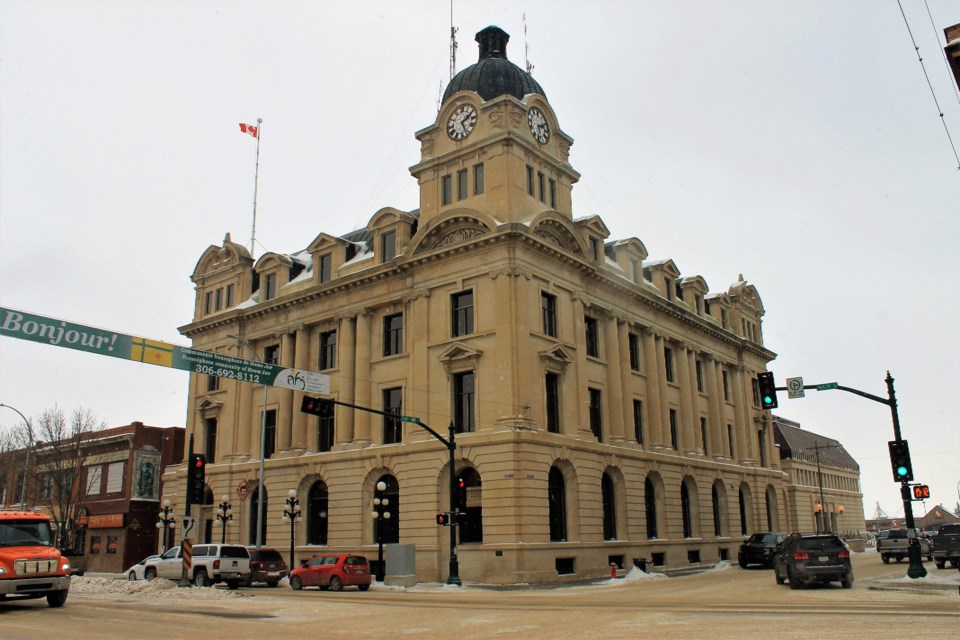Mayor Fraser Tolmie and city councillors may wince when they see RBC’s March statement of city stock market investments.
Some of them may even regret their plunge into stocks, chasing higher yields and capital gains.
City investments in stocks plunged 20.8 per cent since Dec. 31 to $6.7 million from $8.4 million for a $1.7 million decrease in value.
The largest decline was almost $1.1 million in four Canadian and global mutual funds, according to calculations. The calculations compared year-end prices provided the city by RBC Securities to March 31 prices.
Another $600,000 was swept away in stocks that the city bought.
Only one group of stocks, three utilities, gained value increasing by 2.8 per cent.
The worst performing sector was energy with values declining 59.8 per cent, or $236,000.
The largest loser was oilpatch producer Cenovus Energy, shedding 75 per cent, followed by Canadian Natural Resources, declining 54.1 per cent.
Losses of 30 per cent were common among the 58 stocks in the portfolio.
Among the few gainers, other than the three utility stocks, were food retailers Loblaws, up 8.2 per cent, and Metro Inc., up 5.9 per cent. Technology company Thomson Reuters increased 3.2 per cent.
Gold mining royalty buyer Franco Nevada gained 4.8 per cent.
City council decided about two years ago to invest part of $100 million reserves in stocks. RBC was chosen as adviser.
At the end of 2019, the city had invested $8.4 million in Canadian and international stocks and RBC placed $20.3 million in fixed income securities such as bonds.
The city still manages about $70 million in reserves with funds invested in safer fixed income bonds.
Lower interest rates since year-end will increase the value of bonds and offset some of the lost stock value.
The international portion will increase about half a million dollars from the 10-per-cent loss in value of the Canadian dollar since year-end.
The average yield of the city portfolio was 2.56 per cent.
The city reserves have been accumulated from taxpayers since the 1950s.
The city doesn’t lose money unless stocks are sold, but no one knows how long the stocks will take to recover, or if they will rebound.
Ron Walter can be reached at [email protected]




